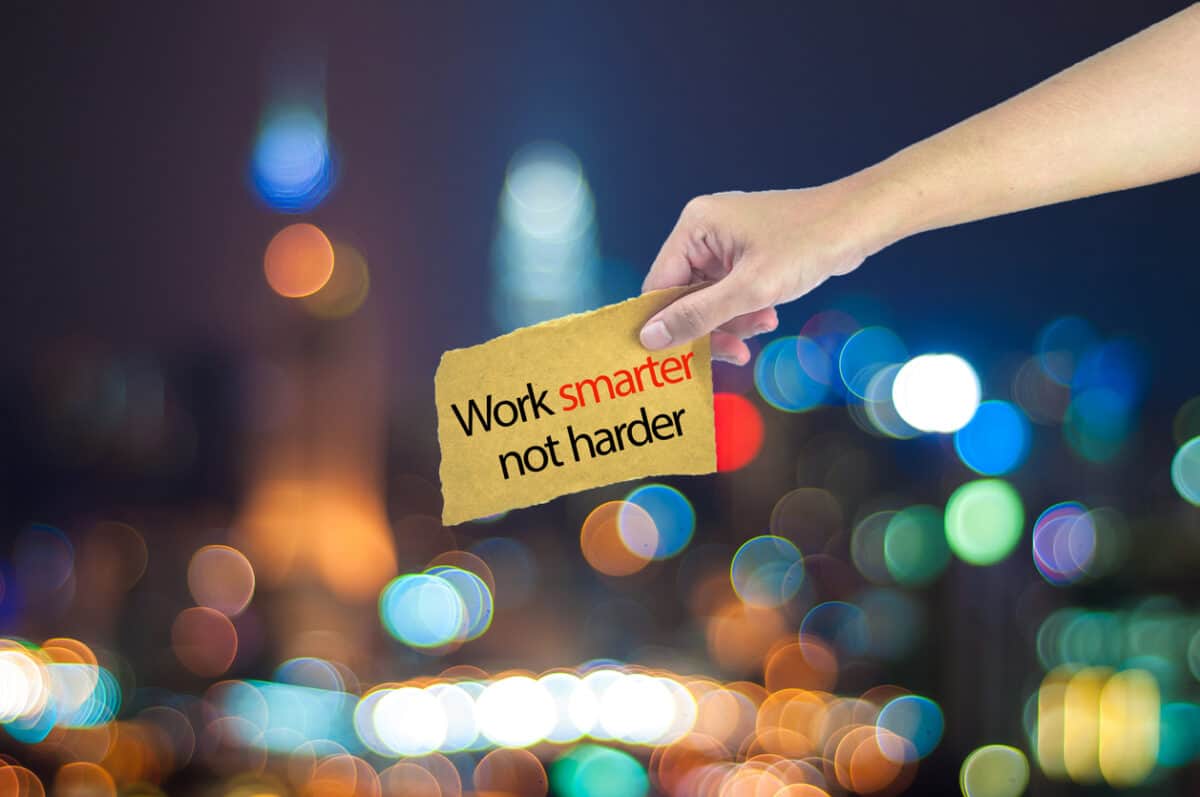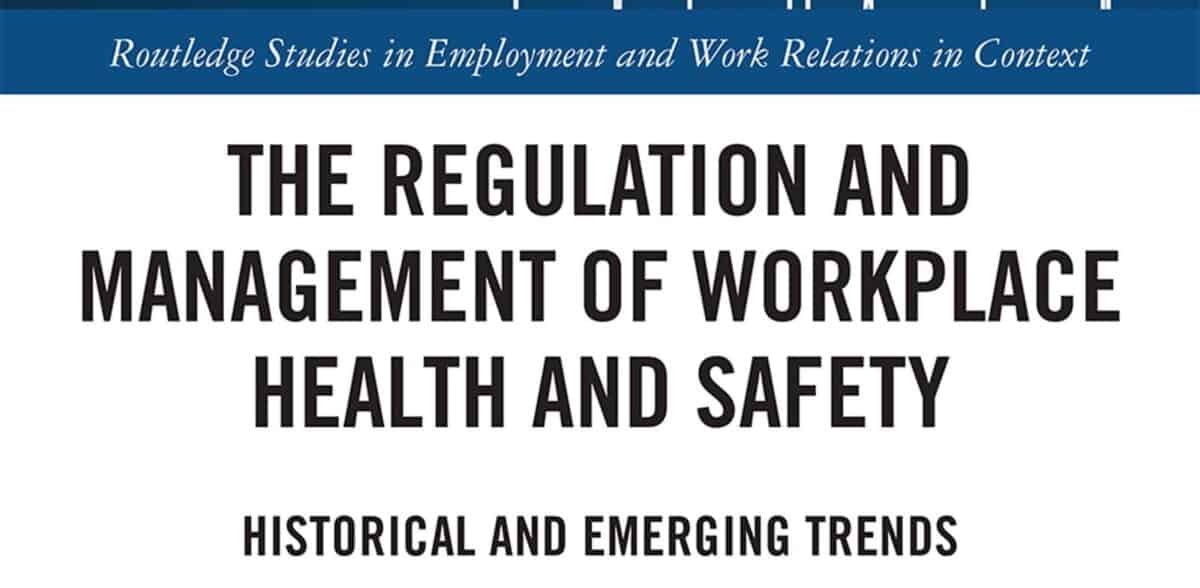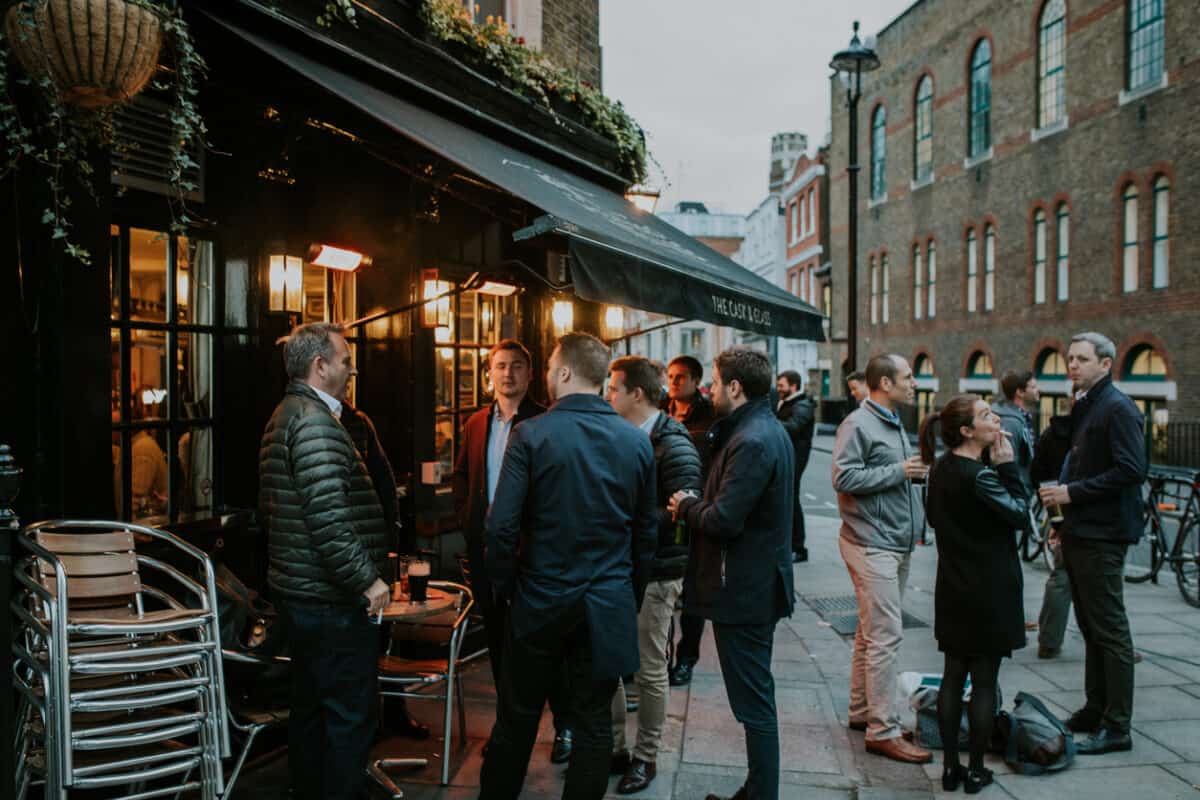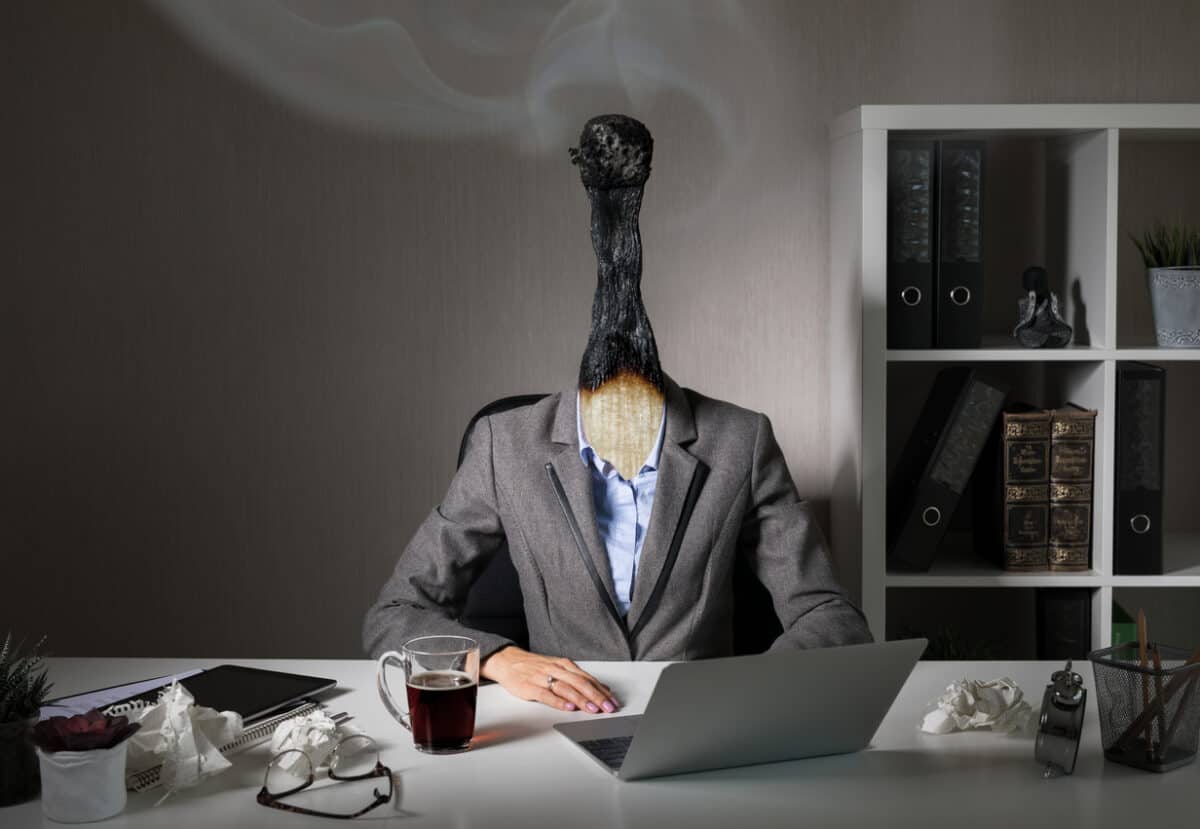Some years ago, Time Management was all the rage. It was the precursor to the resurgence of the Work Smarter – Not Harder movement, but it seems to have faded from conversation recently. Part of the reason is that everyone is expected to be contactable, every day, every week, every month. And then we wonder why there seems to be a workplace mental health crisis?!
The answer is simple – turn off your phone, turn off your work computer. This will cause some readers to shake and say that they cannot do that as their bosses expect them to be available. The unfairness of this was discussed a little in the article on “work-to-rule“, but the employers’ expectations are more than unfair. They indicate a poor manager who cannot manage their time and of a workplace culture that endorses this sloppiness/laziness. A recent New Zealand article looked at some of the recent trends.







